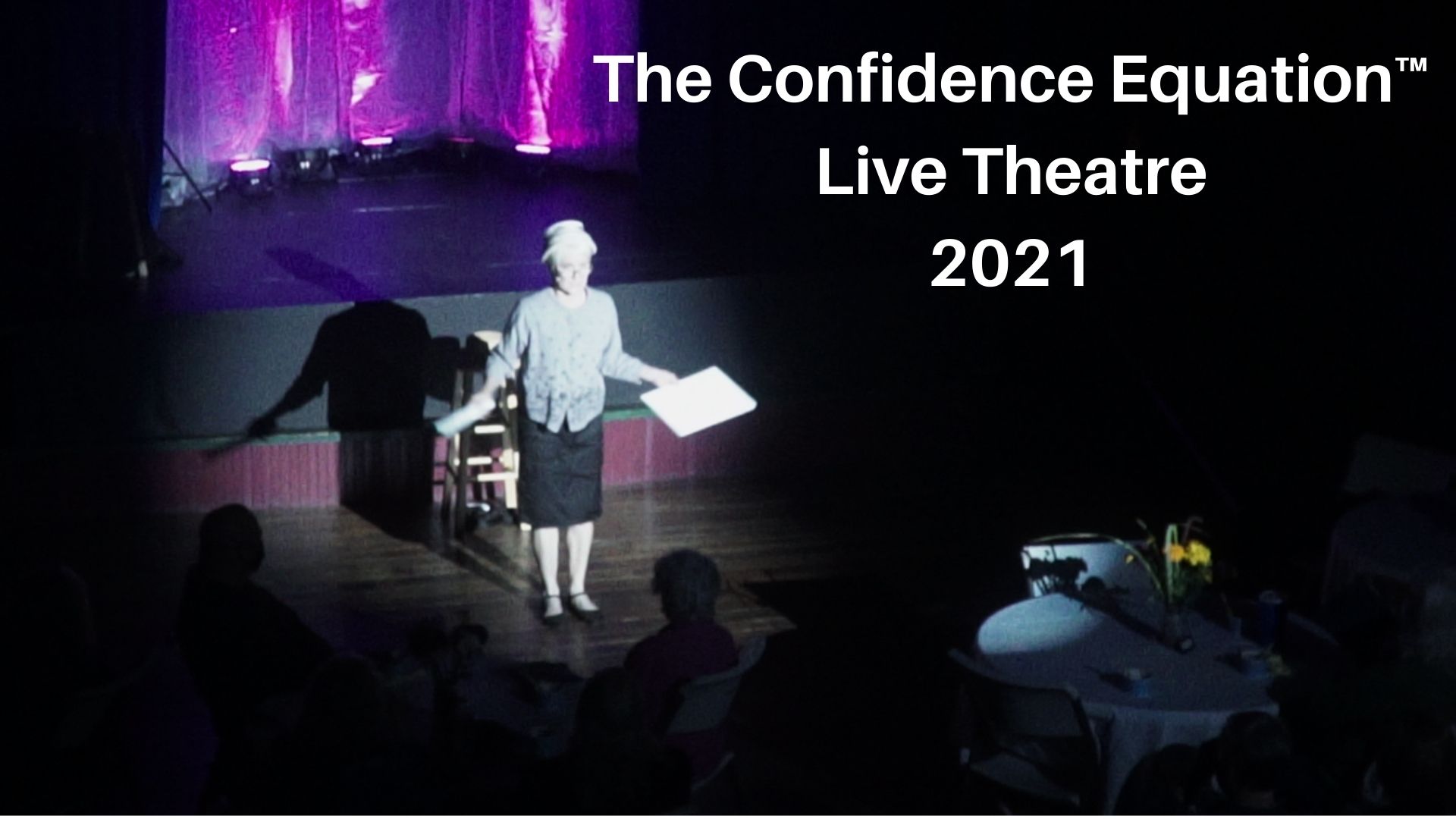When it comes to connecting with an audience, there are many factors involved. But certainly, one of them is how you sound. For the sake of this article, I’m not referring to pitch, speaking rate, diction, or vocal inflections, all of which are important to address, but rather how your voice sounds as it’s projected through a microphone.
I’ve worked with speakers at scores of pre-recorded and live events. To prepare them, I cover types of microphones offered: Handheld, lapel mics, headsets, lectern mics. I’ve helped them decide which will work best based on their speaking style, what they’ll be wearing, their comfort in front of an audience, etc. I then teach them best practices to ensure they deliver the best audio quality to their audience with their microphone of choice.
When we care about how we SOUND and make the extra effort on behalf of our audience, it demonstrates the utmost respect.
Fast forward to 2020. Presenters, now homebound, are shackled to their laptops while attempting to communicate with their audiences. They find themselves without a tech team helping them dial in every little nuance before they go on stage. Now, sitting alone in their office or bedroom, they try to connect with their audience through a webcam with a tech team of one.
For many, the learning curve caused by being homebound was expensive, painful, and steep. For others, it opened up a world of new creativity and possibilities. And while some have embraced the importance of delivering a unique audiovisual experience, others have missed the boat on paying attention to the one thing that can elevate their credibility more than anything: How they sound.
I wasn’t surprised one bit to learn of this article during a live stream session with sound guru Curtis Judd. The 2018 research entitled “How Audio Quality Influences Perceptions of the Research and Researcher” was performed in 2018 by Erin J. Newman and Norbert Schwarz, both from the University of Southern California.
The researchers investigated audience member perceptions after they listened to a scientific lecture. The findings proved that when a presenter’s audio quality is poor, i.e., laden with distortion and echo, their credibility falls by a staggering 19%.
It reminded me of another experiment I heard of years ago by film experts. Two versions of a film were cut. One with great audio and less-than-ideal visuals; the other used downgraded audio and pristine visuals. Afterward, the audience picked apart the film with poor audio and gave the version with great audio raving reviews.
If you desire a greater connection with your audience, how do you know if your sound quality is creating a barrier? That answer is easy: Ask someone! Get feedback from someone who will put on a pair of headphones and be brutally honest in sharing what they think! Word of caution: Find someone with higher than average audio standards for this exercise.
If you decide to invest in a decent microphone (essential if you’re a serious presenter), learn how to use it, and, again, get feedback from others on how you sound while using it. The only opinion that matters when it comes to how you sound is from those who have to listen to you. When you take the time to deliver pleasing audio to your audience, you show them that you respect them which automatically increases your credibility. And when you come across as credible, you are one step closer to being heard.



